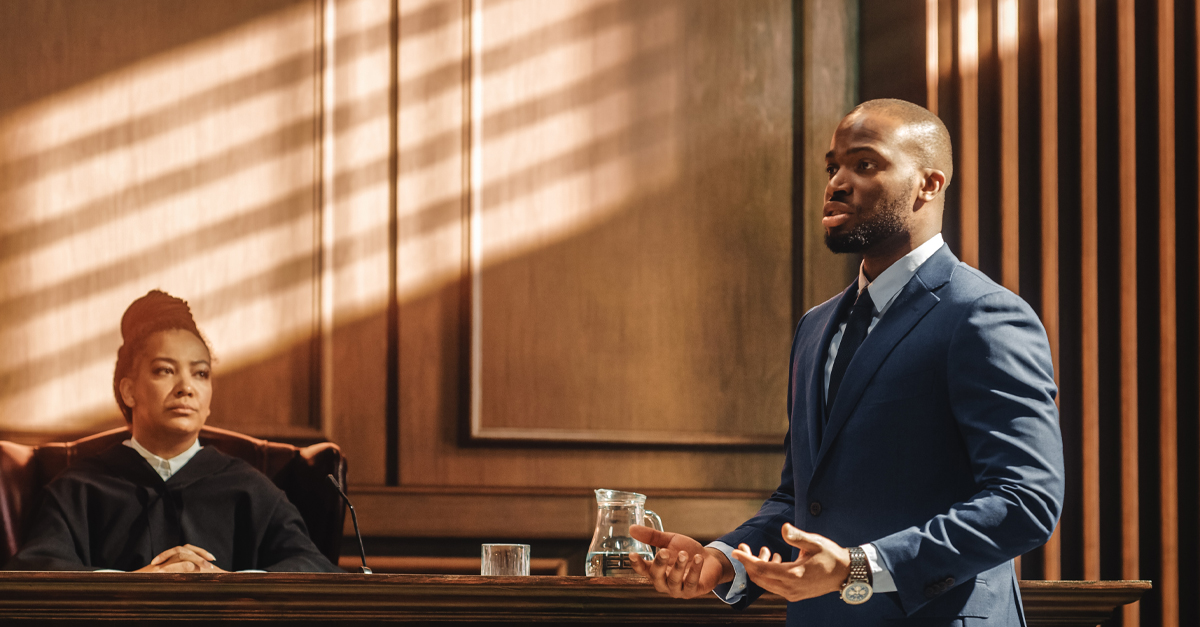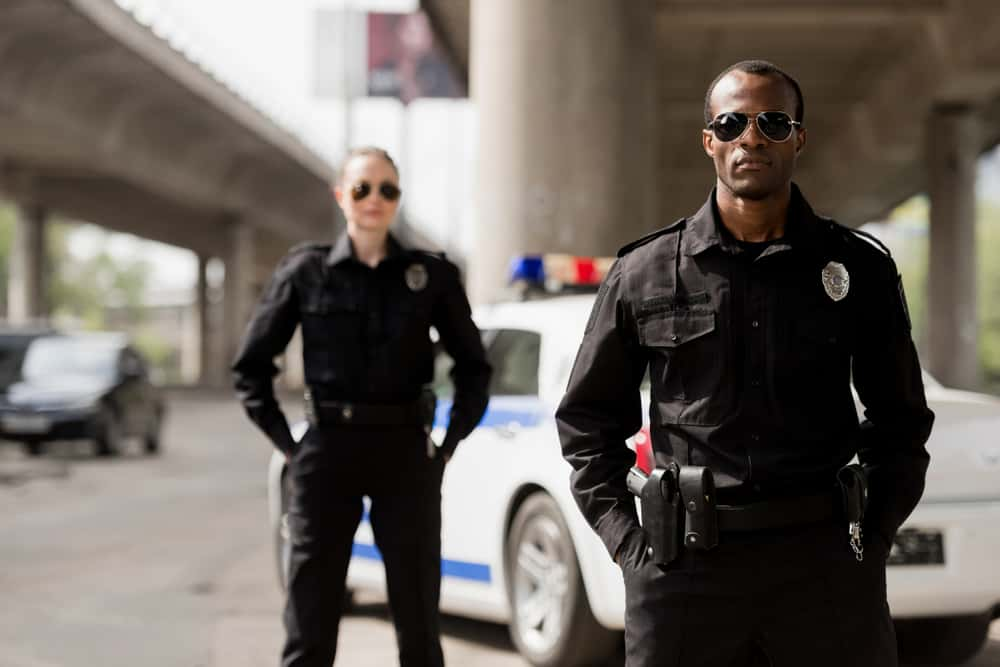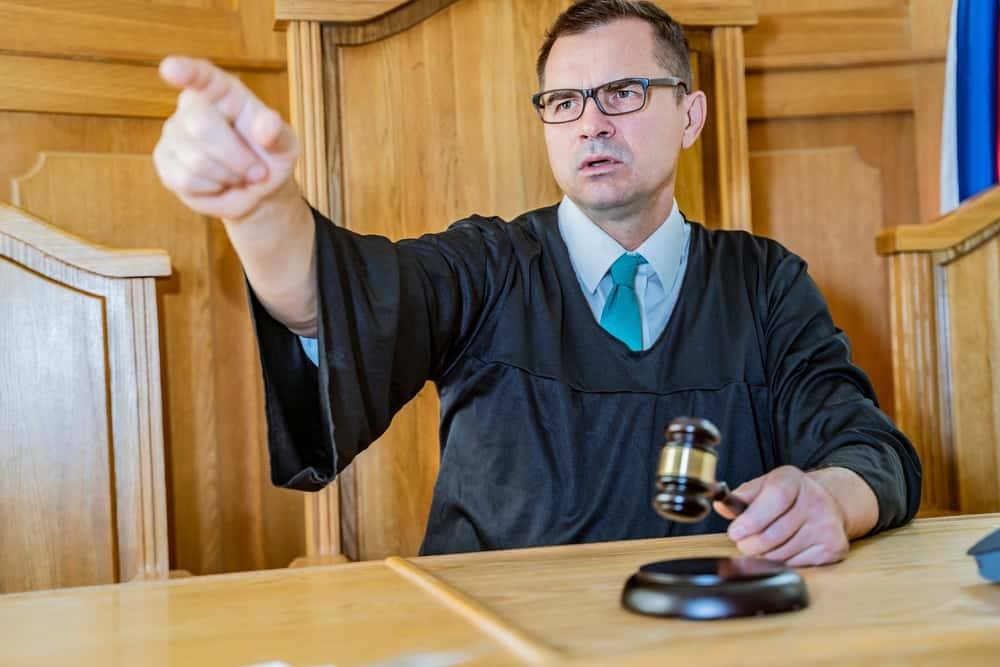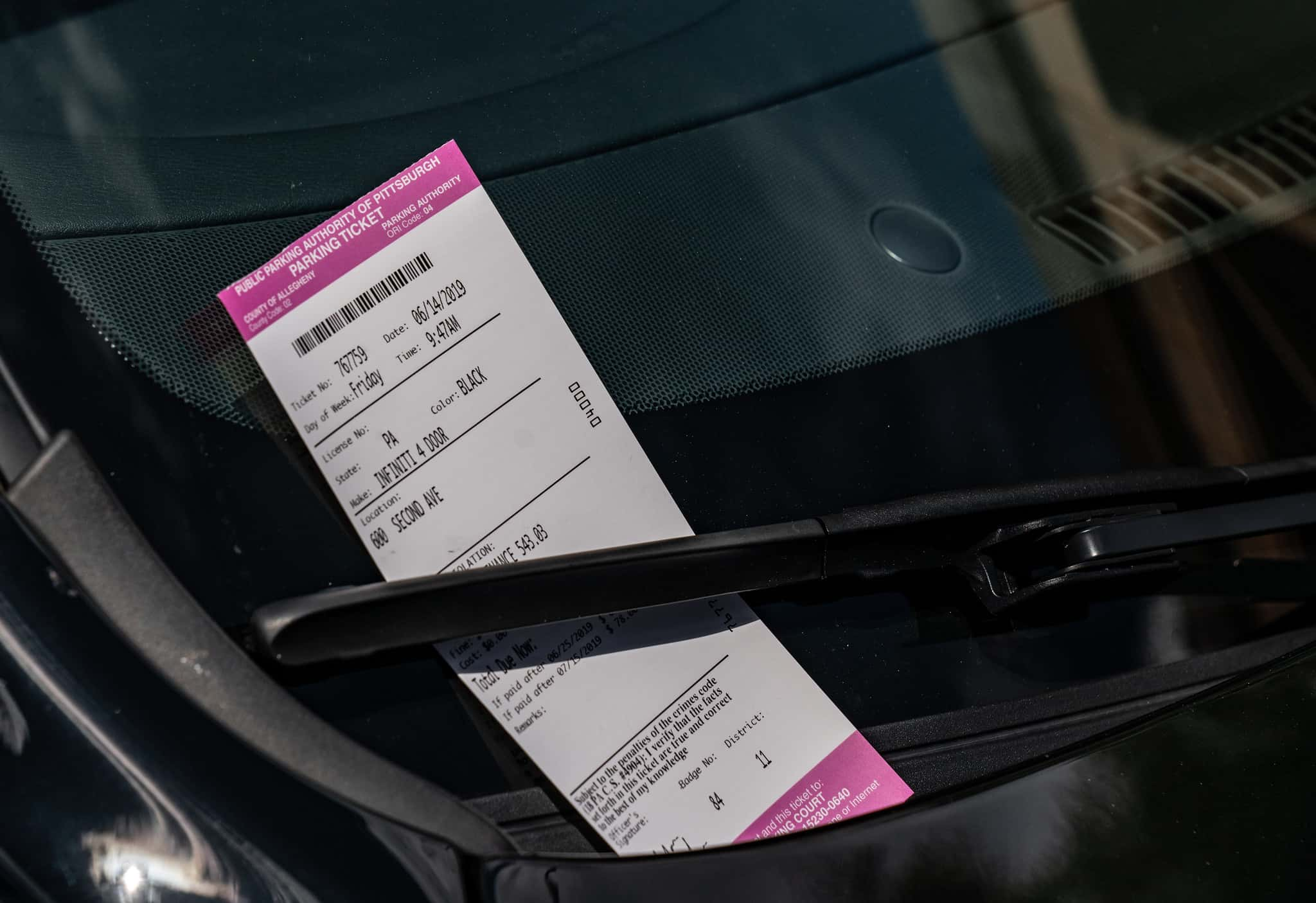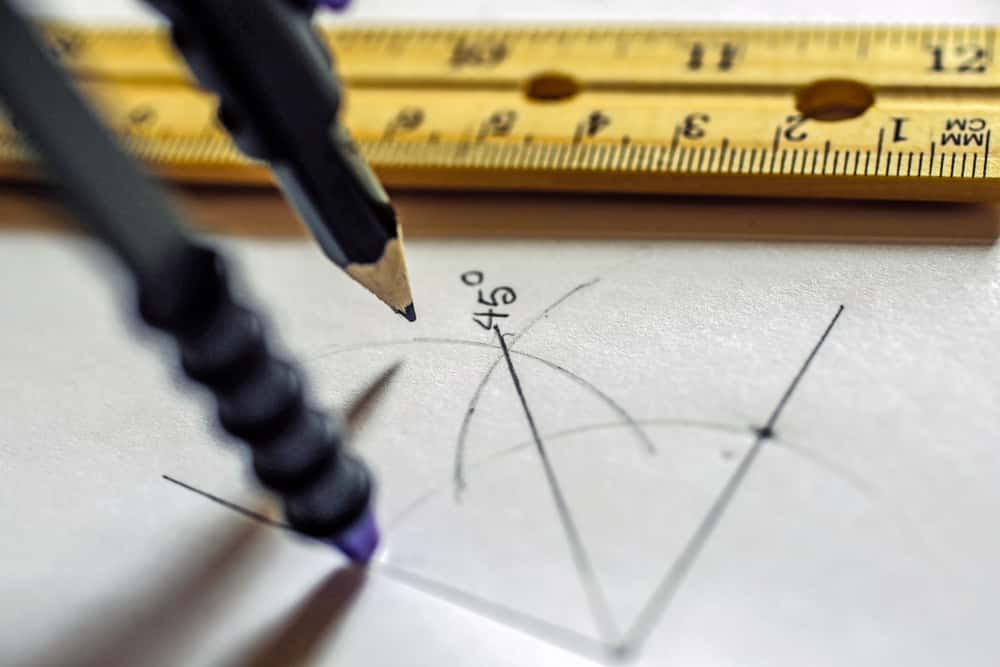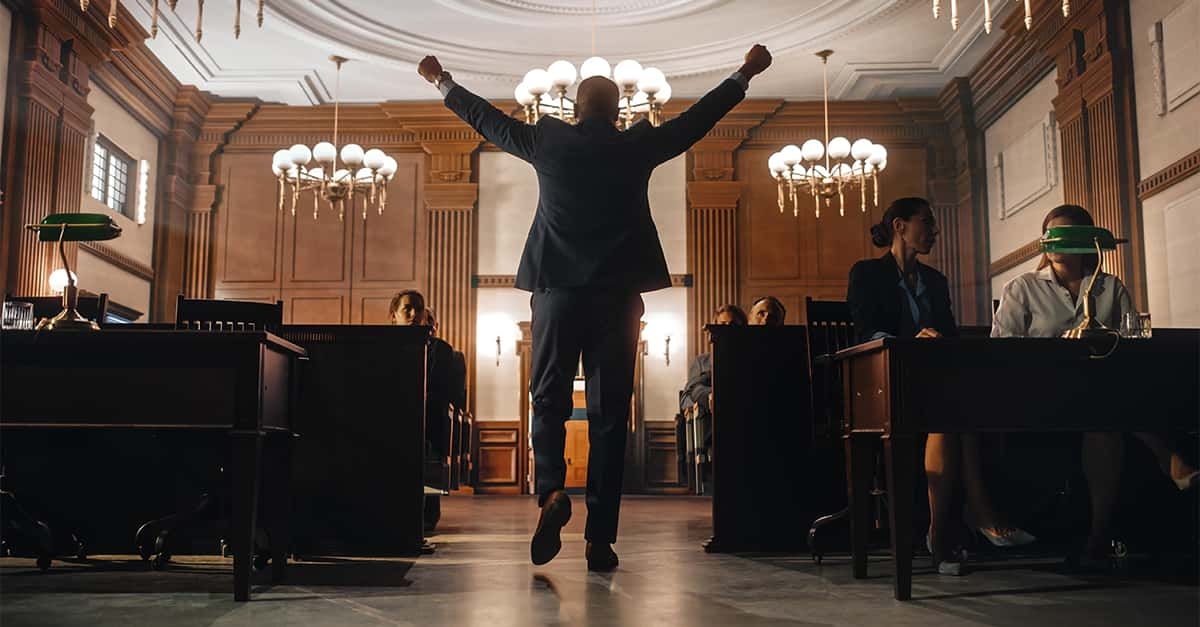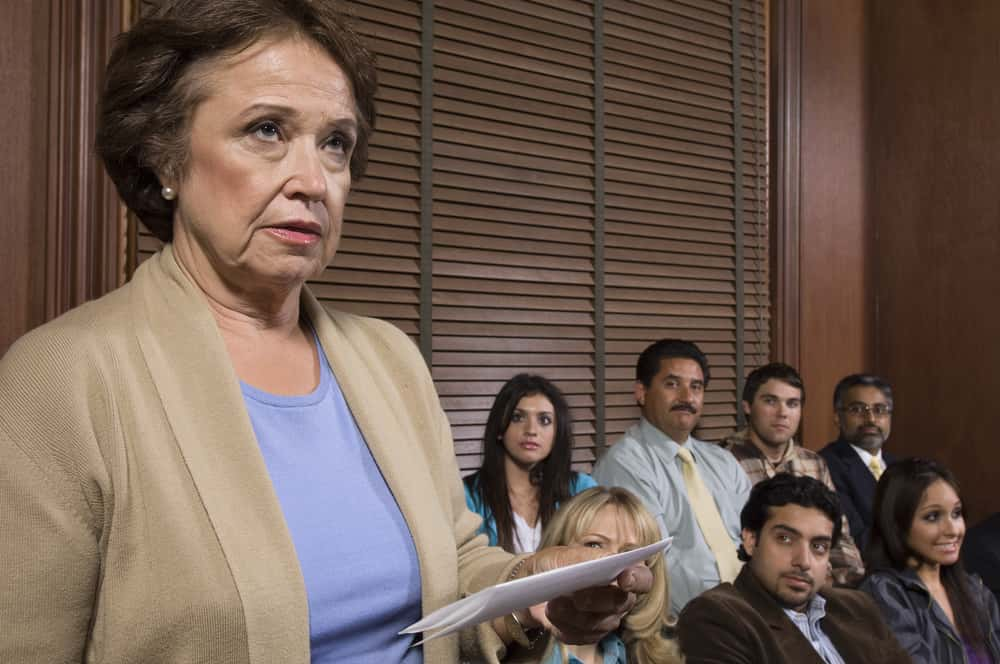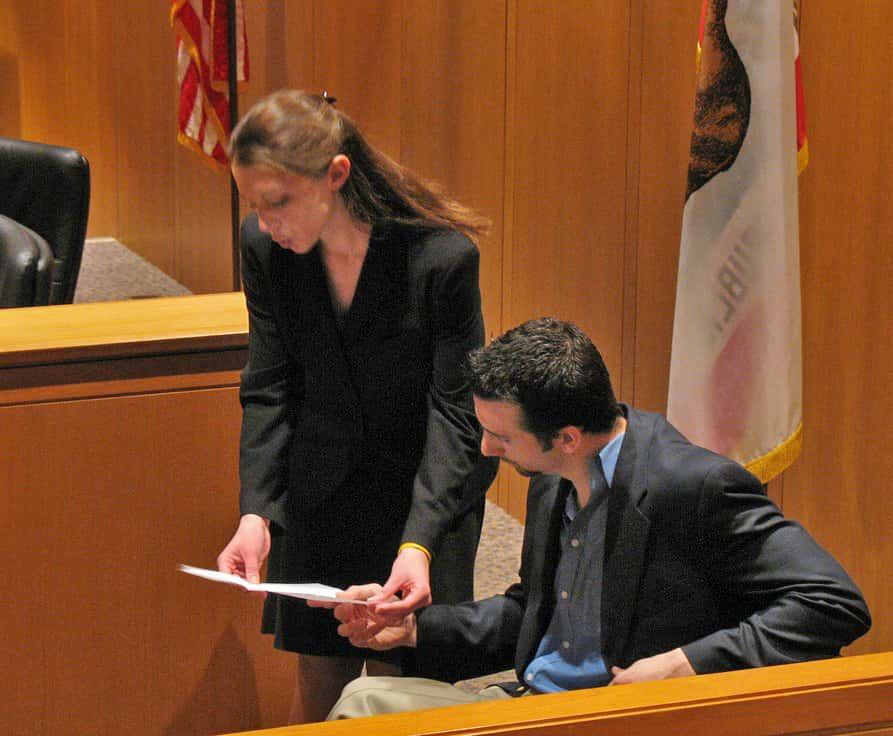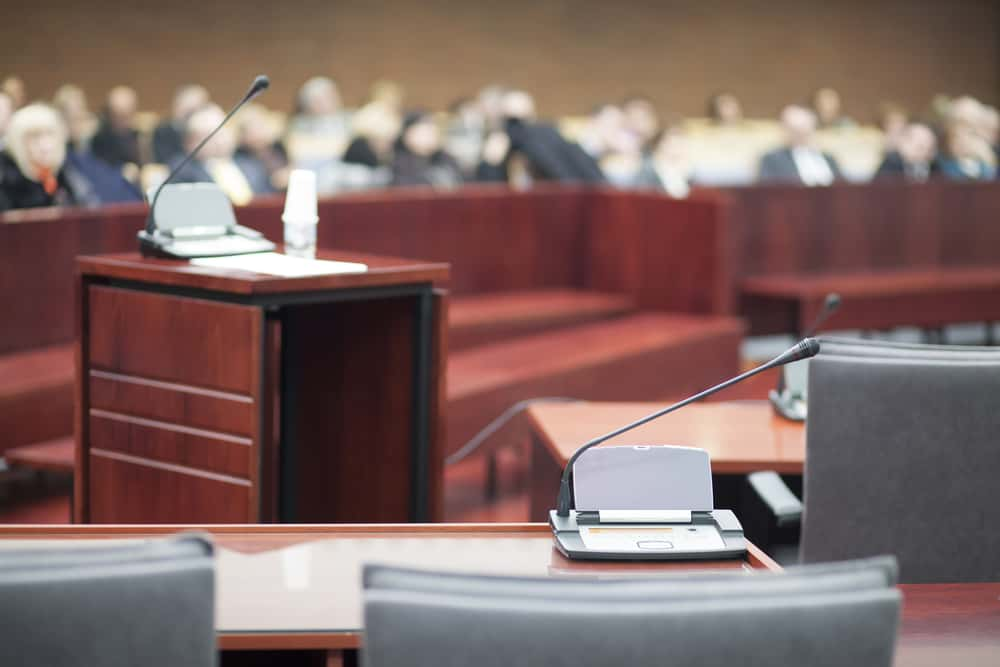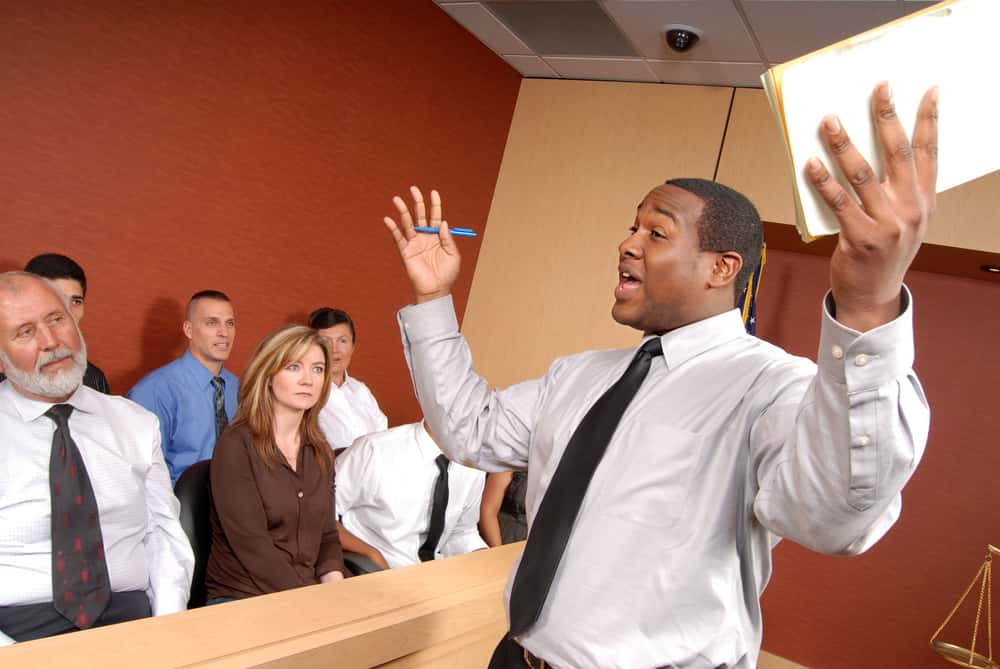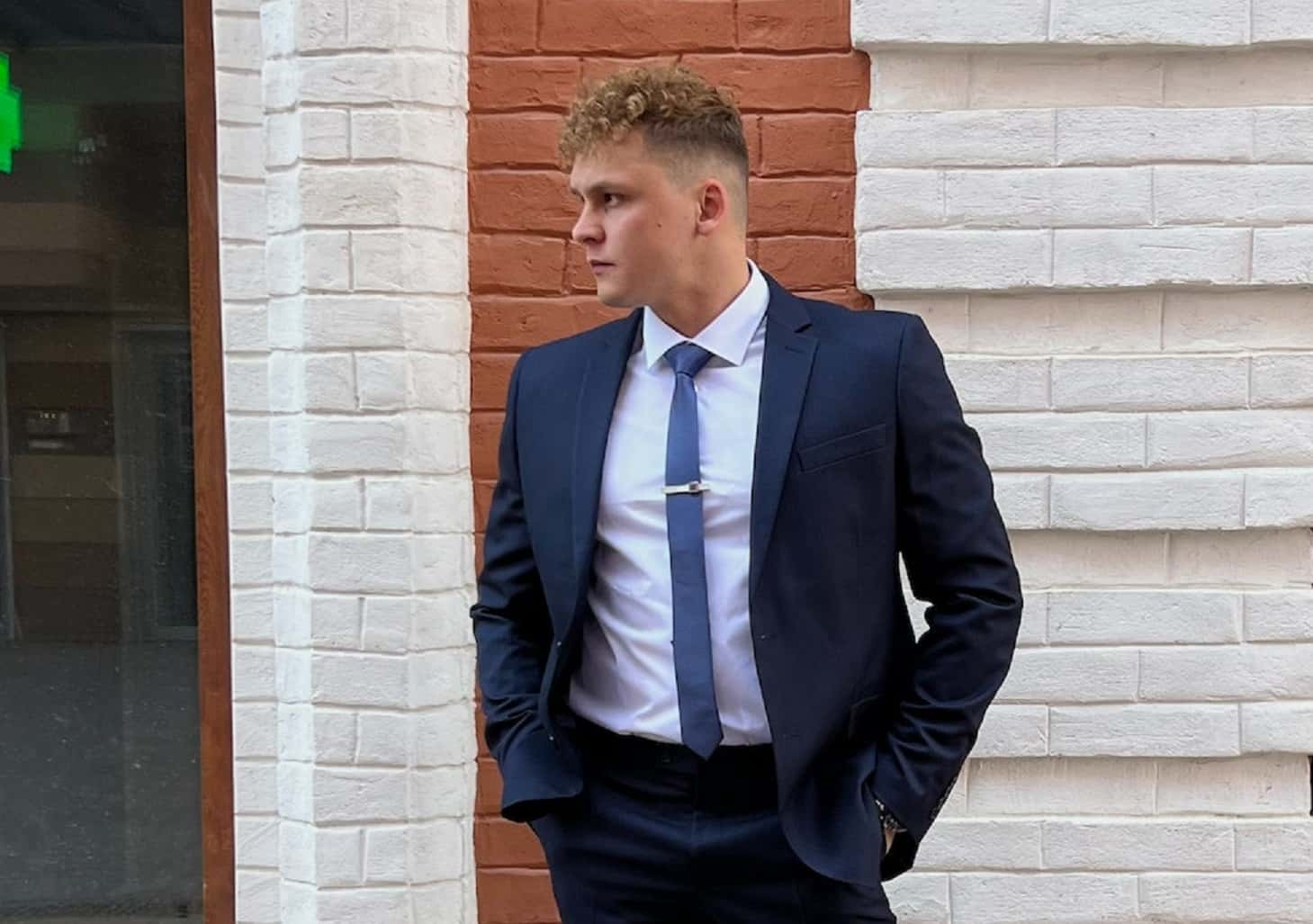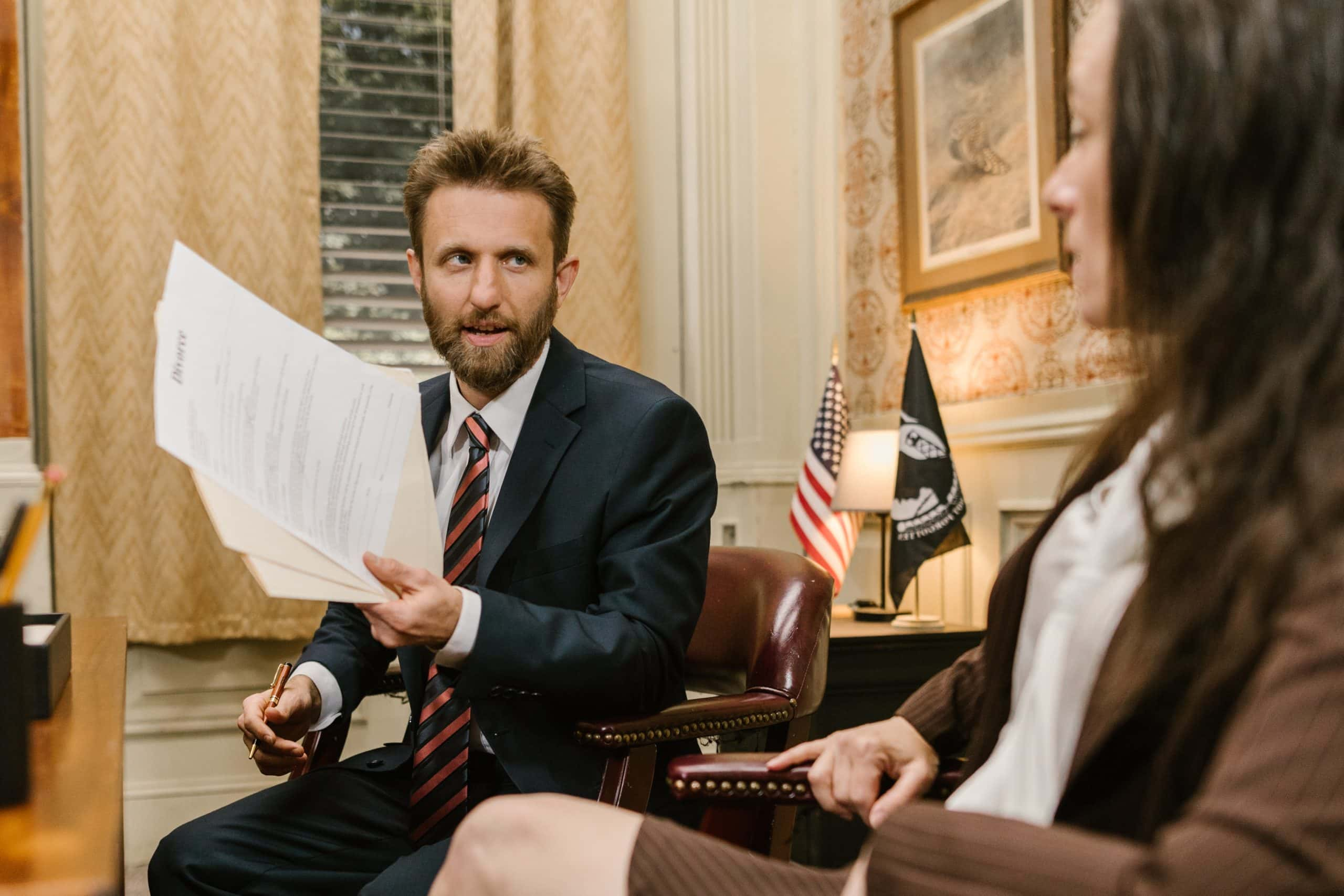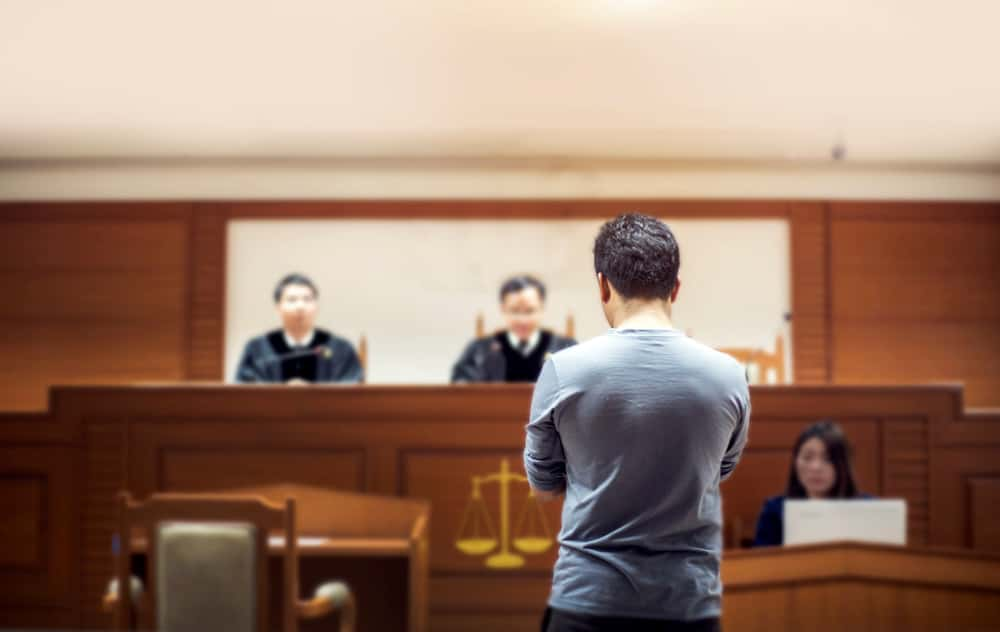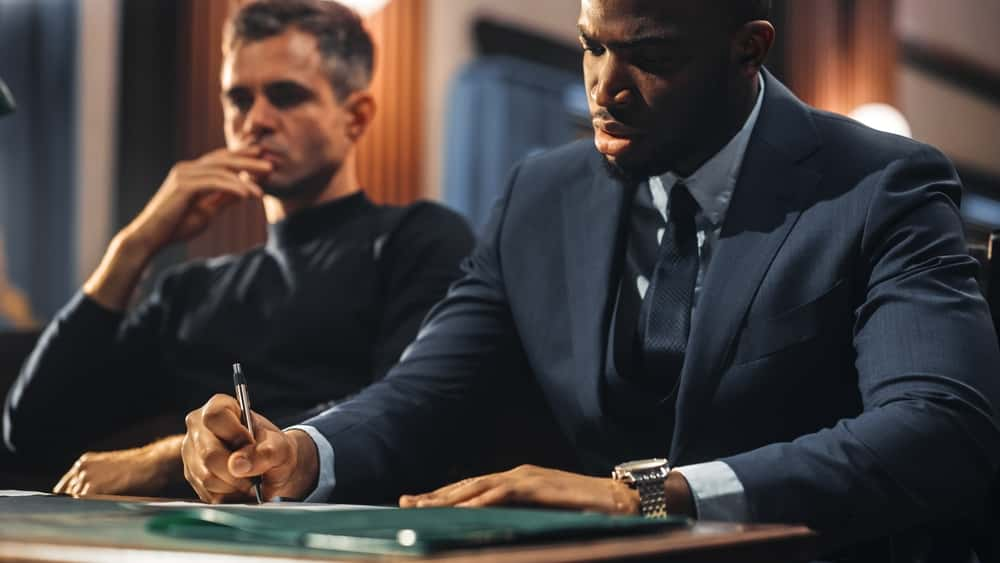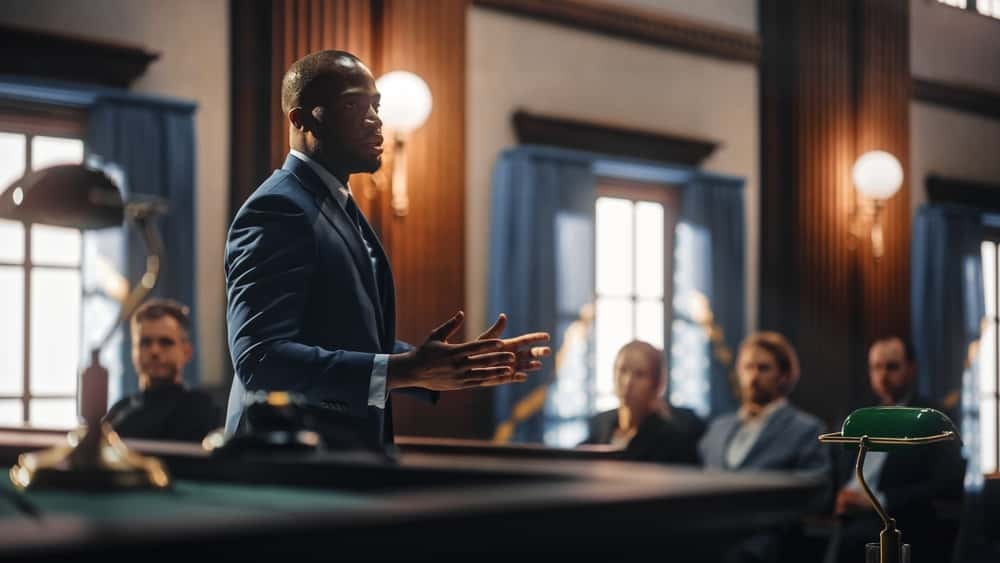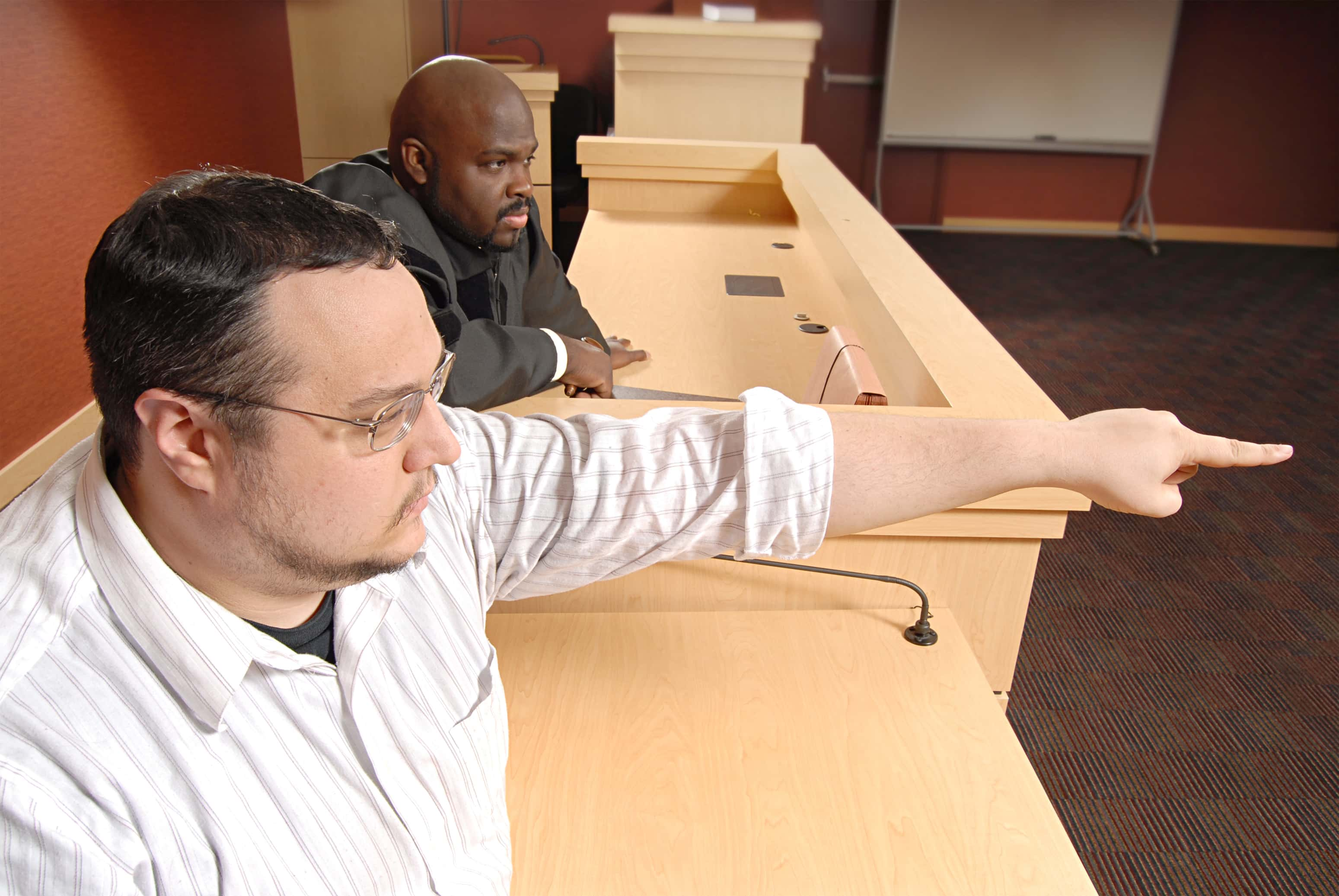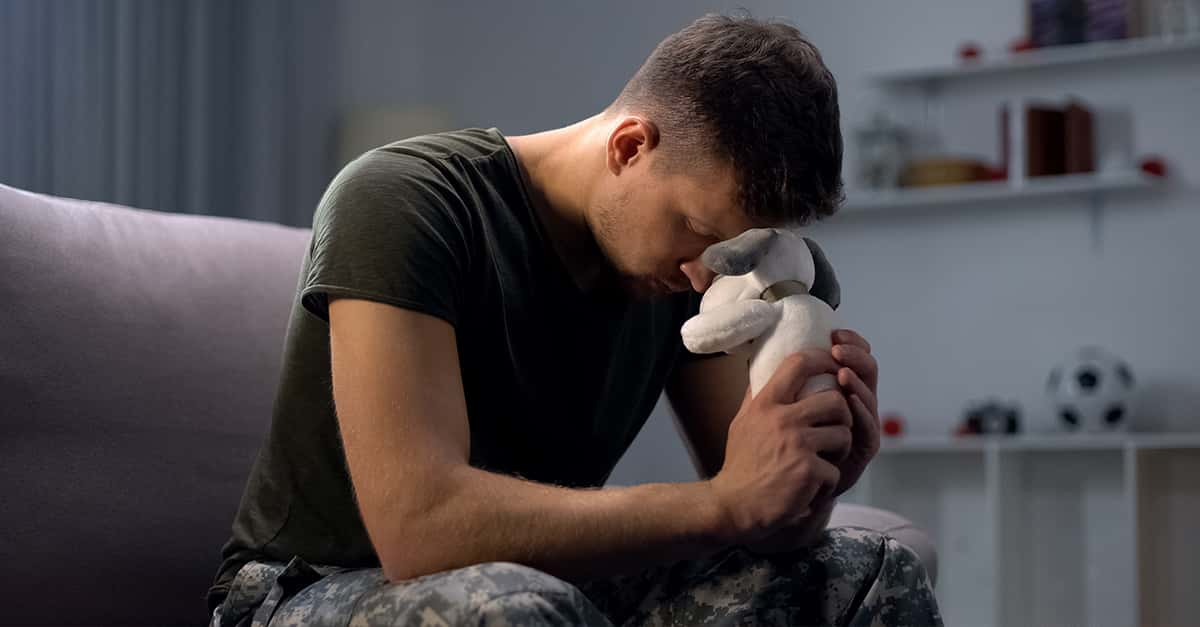It's not always enough just to know the law; sometimes, in order to win a case, lawyers need to flex their intelligence. A Quora user asked for the most ingenious ways lawyers have presented (and won) their cases—and they didn't disappoint.
1. Private Investigator
A lawyer friend of mine was involved in a divorce case. He represented the wife who wanted custody of her young son.
When they got to trial, the father called a witness who was a private detective. The detective proceeded to testify that he had seen the mother, undressed, in a bar dancing on top of a table.
The detective then introduced into evidence a series of photographs that depicted this. The mother’s lawyer was taken completely by surprise; he asked to take a brief recess, which the Judge allowed.
Out in the hallway, he asked the mother about this incident, and whether or not these photographs were fake. The mother said no, the incident had actually occurred; and she told her lawyer the details of what had actually happened that night. When my friend heard the truth, he just smiled.
Back in court, and back on the record, the mother’s lawyer cross-examined the private detective. It turns out that the private detective had been the one who got her inebriated—he bought her drinks over and over and talked her into drinking them.
In other words, it was a setup.
The mother got custody.
2. Incentive
I once saw a lawyer follow an officer at lunch recess back to a scene where the officer met with another officer to corroborate their stories.
The lawyer actually set the whole thing up by questioning the first officer on details.
He then asked if the officer had discussed those details with the other officer. It created enough uncertainty that the two officers met up at the scene to get their stories in sync.
In the afternoon session, the lawyer asked the officers if they’d ever discussed the case. The officer said no. Then the lawyer asked why he just saw both of them at the scene. Boom: Got 'em.
Busted they admitted to lying and the case was dismissed.
That’s a smart lawyer.
3. The Wrong Name
There was a case in Carmarthen in West Wales where a soldier who was likely suffering from undiagnosed PTSD was challenged to a fight by a local tough guy who disputed his war record.
The quiet and unassuming soldier just wanted to drink quietly like he did every day from open to close in the same seat in the same pub. The fight awoke something in the soldier and took him to a place no civilian could understand, which resulted in quite some damage to the man who challenged him and left him with a charge of assault.
It could have been bad, but his lawyer pulled something brilliant. The lawyer, who was also a veteran, got the case thrown out in minutes once in front of the judge by asking the court why they had Charles Brown MM in the Dock when they were trying to charge Charles Brown with assault.
The judge, also a veteran, looked over at Charles and knew what it took to win the Miltary Medal. He decided that the lawyer was right: Charles Brown MM could not be charged under the name which he was imprisoned under. He’d earned the right to use MM after his name so the case had to be dropped over the officer filing the incorrect paperwork.
The names have been changed but the story is true.
4. The Encyclopedia Brown Moment
This is a story told by Alan Gordon.
Alan’s client is accused of throwing a paint can through a glass window. The man accused of doing it said he was innocent. And, being a man of principle, he refused even to simply pay for the window with all charges dropped.
It went to trial…A jury trial.
Since this was an unimportant case to D.A., they gave the case to a kid D.A., who didn’t do all that he should have. He didn’t talk to the officer. He was simply going to bring the landlord in to testify.
Since Alan had called the officer, Alan had “the Encyclopedia Brown moment” information that the D.A. didn’t have. So, as is rarely done in cases like these, Alan called the officer for the defense.
Alan asked, “Did you recover the paint can"? She said, “No because the landlord wouldn’t let me into the bedroom".
Alan next asked, “Did you see the broken glass"? She said, “Yes I did". That's when he knew he had the case in the bag.
Alan asked, “And where was the broken glass"? She said, “It was on the outside".
An entire jury leaned forward and went, “Oh"!
Alan says that this acquittal was the most fun he’s had at trial.
5. One Man’s Ignorance Is Another Man’s Win
I had a trial where the opposing attorney absolutely needed my client's testimony to win his case, and he knew it because he had taken her deposition. However, the attorney did not subpoena my client, who was the defendant.
I told my client not to come to the trial and I showed up and told the court that I was ready for the trial. The other attorney asked where my client was. I asked him if he had subpoenaed my client to which he said, “No".
I said, “If you did not subpoena her, then she has no obligation to show up". The look on his face was priceless. He told the judge that he thought the defendant had to show up. That wasn't going to help.
The judge asked the other attorney if she was needed to which the other attorney said that he could not prove his case without her testimony.
The judge dismissed the case.
6. Questioning The Expert
A non-lawyer was representing himself in a speeding traffic ticket contest.
The young college student decided to fight a speeding ticket he got on the freeway. The matter was to be decided in front of a judge. The officer on the witness stand testified the student was “…traveling over 85mph on the freeway, which was in a 65 mph zone”. The judge turned to the student and asked if there were any questions he would like to ask.
He said yes.
“Officer you said you saw me going over 85mph. How do you know I was going that fast"?
“Because I am an expert on calculating speed and have been issuing traffic speeding citations for years".
The young student took out a piece of notebook paper he had stuffed into his right front pocket, wadded it up some and into a ball, threw it across the courtroom, and said, “How fast did that paper go officer"?
“I have no idea".
“But you just said you were an expert on speed".
The judge started laughing so hard, he fell out of his high-seated chair, including robe, and all. After he hit the ground he said “not guilty".
7. Fluent Russian
Back when I was a teen I worked as a law clerk during the summers at my father’s office in downtown Chicago. On occasion, I would go with him to court when he argued cases before the industrial commission (work-related accidents).
One of these cases involved an individual who claimed his shoulder injury was so bad he was permanently and totally disabled from working ever again. He was a Russian immigrant and so his lawyer had to use an interpreter to question him during the hearing.
But they didn't know about our secret weapon. My father had been a Russian Interrogator for the Air Force during the Korean Conflict, and spoke fluent Russian. He had been teaching me conversational Russian while I was growing up, so I was able to follow along for the most part.
When his lawyer asked the question: “Mr. Petrovitch, how high can you lift your right arm” their interpreter actually said “Raise your right hand a small amount and act as if you are in severe pain” to which the man raised his hand a little, groaned and grimaced, squinting his eyes.
It looked convincing—but my dad had a plan. On cross-examination, after a laundry list of standard questions (through the interpreter, of course) my dad said in fluent Russian “HANDS UP OR I’LL SHOOT"!
The man immediately raised both arms and stretched them towards the ceiling, showing no limitations or pain behavior at all.
Of course, the other lawyer started shouting his objections, the interpreter yelled at the petitioner (plaintiff) that he was stupid and the judge covered his face with his hands to try and stop laughing out loud.
The award: Zero.
8. Clever Jury Selection
As a young lawyer, I used to watch more experienced lawyers go to trial. I once saw a trial regarding the unlawful possession of a firearm. The arm was found on the floor behind the passenger seat of the car.
During jury selection, the defense lawyer asked a juror, “What if I told you that you were in possession of a firearm"? The juror replied that he had no weapon.
The lawyer asked him to reach under his seat and see if he still believed that. He was in for a big surprise.
Unbeknownst to the juror, the defense lawyer had taped a water pistol under where he was sitting. The juror reached under his seat and found the water pistol and pulled it out to the total surprise of everyone.
The defense lawyer then asked the juror again, did he think he “possessed” the weapon. The juror answered no. He said he had no idea that the pistol was there.
Case over. A jury was selected and the officer told how he found the firearm behind the seat. The accused took the stand and said he had no idea that it was even in his car and he did not know how it got there.
The jury returned with a verdict of Not Guilty in 15 minutes.
The lawyer’s behavior violated no rules, ethical or judicial, although he was criticized for his tactic. I think this was one of the most creative things I had ever seen.
9. Contract Dispute
My Aunt is a contract lawyer, mostly in oil and gas in Oklahoma. She had a case in which a construction company had agreed to build a house and have it finished within six months.
More than six months later, the home wasn’t finished and the purchaser (my aunt’s client) wanted a refund for the price of the house that they hadn’t been able to take possession of per the agreed contract, which my Aunt had written.
The lawyer for the construction company meets with my aunt before the trial is to proceed, and tells her that he has an ironclad contract with her client, and there’s no way she can win.
So because she doesn’t have a copy of the contract he’s going to use as evidence, she requests one as part of discovery. When she got it, she couldn't believe her eyes. She immediately informs the lawyer that he has several serious disastrous flaws in his case.
- This is the boilerplate contract the company uses which her client didn’t sign originally because she advised her not to, and she (my aunt) had written the actual contract that her client signed.
- The signature on the contract might have been the proper name, but it clearly wasn’t the signature of her client.
So the construction company's lawyer asked since she was a lawyer and not a handwriting expert, how she knew that the signature wasn’t that of her client, to which my aunt replied, “Because my client happens to be my mother".
The construction company's lawyer offered to settle the case for the full purchase price of the house construction. My aunt informed him that they would only accept a bank cashier's check, and it needed to be in her office by 5 PM, or they were going to trial.
And she’d be seeking attorney fees, and any other damages she could possibly get.
10. “I Saw It”
A friend of mine was riding his motorcycle on a rainy day.
Just as he got to a set of lights, they changed to yellow. The road was wet, after a long dry spell—the worst possible surface, short of black ice, to jam on the brakes. So he made a snap decision and went through the light.
At which point a car reversed out of a driveway in front of him. The driver of the car claimed my friend had gone through on red.
His cross-examination in court went something like this:
“So, Mr. Jones, you say that you saw my client come through the lights on red"?
“Yes".
“So, then—please explain to the court why you then pulled out and hit him"?
Dismissed, costs against.
11. The Doctor
In this story, a doctor wins the case.
For decades, Keith Simpson of Guy's Hospital was one of the leading forensic pathologists in the UK. He was giving evidence for the defense in a case where surgery had allegedly gone wrong.
The prosecution asserted that the surgeon had cut through a nerve because he had not been familiar with the anatomy of the area he was operating on.
To drive home his point, the barrister asked Professor Simpson if he agreed that, for surgeons, Gray's Anatomy was the standard, accepted reference work for human anatomy. He agreed.
The barrister, rather theatrically, then produced a copy and flung it open at the page describing the area in question. “So, Professor Simpson, does this, the standard work on anatomy, not show the nerve running superficially, where it was so negligently cut by the surgeon"?
Professor Simpson took the volume, cradled it in his arms, and inspected it over the top of his spectacles. “It does, indeed, show the nerve running superficially “.
The barrister continued “Does this not then demonstrate that the surgeon should have been aware of the position of this nerve before he started to operate”?
Simpson looked back at the barrister for a long few seconds, and then asked “What edition of Gray's Anatomy is this”?
It turned out that it was an old edition of Gray's Anatomy.
Its description of the course of the nerve in question was misleading compared with more recent editions. The case against the surgeon collapsed.
12. Miracle Subpoena
In a bifurcated portion of my family law divorce/custody case, I’d have to say that we (me & my lawyer) won this round by TKO…
Because the matter was split into so many parts, the following was a matter that had to do with the income and property aspect of my divorce.
For context, my now ex-husband didn’t want to pay spousal/child support though he had received a substantial 7 figure award in another lawsuit.
He had found out that I had been awarded an undisclosed amount of money from a civil suit I had going on that concluded in mediation with a confidential settlement agreement. Which was not 7 figures—or anything close to it.
Once he got wind of this he had his attorney subpoena me for a deposition and requested any and all documents that pertain to said settlement under California Code of Civil Procedure 2031.010 (2).
My lawyer basically informed me there was no way out of this short of a miracle. Well, the night before my scheduled deposition was to be taken, I pulled out that thick packet of papers I was served with 29 days before and reread every word on it again. All of a sudden a light in my head turned on. I jumped out of bed and snatched up those papers and there it was in black & white.
My miracle.
I looked at the code that was used to order the production of documents and something told me that the code CCP 2031.010 didn’t look right. The secretary who typed up the subpoena added an extra 1 in the request so it read CCP 20311.010 (2).
Fast forward to the moment the recorder was turned on and the stenographer started typing, with my attorney sitting by my side, the first two questions asked answered and recorded, and the third question asked where the subpoenaed documents were.
I gave the most puzzled look and asked with exaggerated innocent confusion, “What documents"?
With furrowed brows opposing counsel says to me “Can’t you read”? as he holds his copy of the subpoena in his hand while pointing to the paragraph requesting the documents.
Without missing a beat, I looked away from what he was showing me, looked him straight in the eyes, and said “Yes, I can read. Unfortunately for you, I read much better than your secretary types, because I searched until I ran out of places to search trying to find the California code your office used when demanding such documents and couldn’t find any reason under that code.
“As a matter of fact, I also couldn’t find that code".
That attorney couldn’t have gotten redder in the face as he stopped the recorder and went off the record while my attorney pointed out the typo. I smiled from ear to ear as this matter was concluded. Check. Mate.
13. Clever Divorce Settlement
I used to date a divorce lawyer. I know, I was dancing with the devil but hey she had great legs. Anyway…
One day a doctor turns up and his problem is a bad lawyer had done a poor job in his divorce and he was paying the ex around £3,000 a month in support payments. Very unusual in the UK.
So she calls the lady's solicitor and offers a one-off payment of I think it was £10,000 and that was it, no more payments. Of course, the opposing solicitor refuses and says they will take it back to court.
“Watch this”, she said to the doctor. She writes a quick email informing the solicitor and the client the doctor is retiring tomorrow and starting as an “independent consultant” the following day. Apparently, this automatically ends the support payments.
You guessed it. 3 minutes later the phone is ringing. It's the other solicitor, “We will take the £10,000".
The job was done in 20 minutes. “That will be £250 plus VAT please, Doctor”
14. Unconstitutional Tickets
I had a defense attorney help me in traffic court. His argument: Unconstitutional Parking Tickets!
I'll try to keep this brief, but this story needs some background.
When I was still in college, I stayed overnight at my boyfriend's house pretty regularly. Unfortunately, he lived in an area where parking in the street was prohibited from 2 am to 6 am, and there wasn't any space in the driveway for my car. At first, I was able to avoid getting ticketed by calling the station and getting permission in advance.
However, I was eventually placed on a “blacklist" concerning this privilege, so as I continued to park in the street, the tickets began to accumulate. I actually paid quite a few of them, but eventually, I was called to court to answer for 23 tickets that had gone unpaid. With late fees tacked on, I owed the city $2,300 for 23 misdemeanors of the fourth degree.
In traffic court, I was waiting my turn to settle the debt when the bailiff gently pulled me aside and asked “Are you the one with all the parking tickets"? I nodded yes, and he mentioned that he thought I should talk to an attorney about my tickets.
In an unusual leap of faith, based entirely on his whispered comment, I decided to plead “not guilty" to all 23 charges and was led to a table where I filled out a request for a public defender.
When I eventually met with my attorney, he seemed genuinely excited about being assigned to my parking ticket case. My case would be a “test case” which would serve as a precedent for similar cases in the future.
He believed the city's process for dealing with parking tickets violated my Fifth (and/or Fourteenth?) Amendment right to due process. He insisted that if the government intended to deprive me of my property (even just $15), at the very least they must provide me with notice of the offense, an opportunity to contest the charge, and a neutral party to decide the outcome.
The postcard-like ticket itself (which was determined to be the “complaint") did not provide a means for me to contest the alleged non-observance. It simply explained when and how to pay the fine, expecting recipients to do so without question.
The prosecutor tried to argue that the parking tickets were “civil violations", but my attorney pointed out that 4th-degree misdemeanors were punishable by up to 30 days in prison (i.e., not in the realm of civil procedure) and that even if it were a civil suit, the city lacked “standing" because the parking violations did not result in “damages" to the city.
The judge agreed with my attorney and dismissed the case.
Surprisingly, this fiasco did not end there—at least, not for the city.
After this, the small suburb of Cleveland put a moratorium on parking tickets (lasting almost a year, if I recall correctly) so that they could establish new procedures for enforcing parking laws. Furthermore, the city sent refunds to citizens who had paid for parking violations under the unconstitutional system!
I still feel guilty about the way that this turned out. It was never my goal to squeeze all that money from the city or to exploit a loophole to avoid accepting responsibility.
Nonetheless, it was an interesting experience, and I think my attorney was incredibly clever in his approach.
15. Name Change
I had a friend whose wife had a 14-year-old daughter from her previous marriage. My friend loved her and was her father in all but biology. The daughter indicated that she wanted to take my friend’s last name. To do that they had to get the bio dad’s approval. He refused. It wound up going to court.
The judge indicated that he was not inclined to grant name change petitions for minors but would allow the matter to proceed before he made a judgment. The bio dad claimed that he loved his daughter, and she meant a lot to him and was a part of his family. This, even though she never was invited to family events and felt excluded every time she was at his home. The lawyer decided to keep pushing.
They asked a few questions about his other children from his second marriage, their birthdays, etc. establishing that she was older than all of them, as well as a few more designed to lull him. Then he asked, “How old did you say your oldest child is"? to which he replied, “He’s twelve", the age of his son from his second (and current) marriage.
He didn't realize it yet, but he had just lost the case right then and there.
He asked the question a few more times in a slightly different way and got the same answer each time. The bio dad answered every question about his oldest as if it was his son and not his daughter. The bio dad never caught on that he was torpedoing his case. In his mind, she just didn’t count.
My friend said the lawyer for the bio dad had his face in his hands as the questions continued. In short order, the judge approved the motion to make the name change.
16. Misidentified Defendant
An officer’s lawyer used another Black individual in a very unique way. The officer was black. He had the officer ignore him (the lawyer) while waiting for the case to be called.
He kept the other Black individual (a lawyer dressed in a suit) in close conversation appearing to be talking about the case while waiting for the case to be called.
When the case was called, the officer’s lawyer sat alone. The judge asked, “Where is your client"? The lawyer said, “my client is in the court but I would like the plaintiff to identify him before he comes before the court”.
The plaintiff identified the wrong man.
 Freepik, wayhomestudio
Freepik, wayhomestudio
17. Off On A Technicality
I had a defense attorney pull a fast one on me in court and got his client off the charges of unlawful driving I brought against him. Technically I testified to the wrong percentages of accuracy on the field sobriety tests.
Not because I was lying or didn’t know, but in class, we are trained to do three tests.
You start out with what is called the “horizontal gaze nystagmus” test where you are looking for an involuntary bouncing or jerking of the eyeball. The second test is the “walk and turn” test, and the third is the “one leg stand”. These are drilled in our heads in this order, and we don’t deviate from that order. Each test has a scientific percentage of accuracy, and all three tests combined have a percentage as well.
So what the attorney did was flipped test two and three when asking me the percentages. He asked me about the percentage for the horizontal gaze nystagmus test, and I got it right. Then he played his trap card.
He asked about the one-leg stand, which I just rambled out the percentage for the walk and turn because I wasn’t paying attention to the question and was giving him the percentages in order. Then he followed up with the walk and turn, which I messed up too. Once I made my mistake, and he asked me if I was sure about my answers, he pointed out where I was incorrect. The case was dismissed on a technicality.
I couldn’t do anything but grin and know he got me.
But I learned from him. I didn’t take it personally.
He and I laugh about it now. He has a job to do just like I do.
18. Reasonable Doubt
In a murder case many many years ago a defendant was accused of taking his married girlfriend’s life because an eyewitness said she saw him leave her place.
When the defense attorney had the witness on the stand and asked if he was sure the defendant was the man he saw leave the house. The man said he was 100% it was him. That was what he needed to hear. Next, the lawyer had the defendant stand up and reveal who he was.
It turns out the guy the witness was so sure was the killer...was the real defendant’s twin brother. The guy was found not guilty due to reasonable doubt. It turns out, the husband of the deceased woman was guilty.
When asked where he got the idea for defense he said he got it from an episode of Perry Mason.
19. The Cigar Trick
In the olden days when cigars were still permitted in courtrooms, F. Lee Bailey would employ his cigar trick. When a witness was going to give testimony that was potentially damaging to his client, he would light a cigar.
But this was no ordinary cigar. It had a thin wire in it.
So as he smoked it, the ash got longer and longer.
One inch. two inches—by now the jury has noticed. When is the ash going to drop?
Three inches, four inches—now no one on the jury is paying any attention to the witness...
What is with that cigar?
How long can that ash get before it drops?
Five inches, six inches—now the witness is finishing.
What did they say? No one can remember.
Of course, he could only use it one time in a case—otherwise, the judge and jury would catch on and pay more attention to the witness when F. Lee Bailey lit his cigar.
But when he really needed it, he pulled out the cigar trick, and it worked every time.
20. Character Witness
When I was a young reporter, I covered a harassment trial. The defendant was accused of abducting a young woman from a gas station late at night and assaulting her. It is not permissible for the prosecutor to bring up the defendant’s priors during a trial.
The defendant’s lawyer, however, decided to call character witnesses during sentencing. That turned out to be a key mistake. This opened the door for the prosecutor to present his own character witnesses. The testimony went like this:
DA: “Where and when did you meet the defendant"?
Female Witness: “At 1:30 AM at a Shell station on March 3".
DA: “Had you ever seen him before that"?
Witness: “No".
DA: “When was the last time you saw the defendant outside a courtroom"?
Witness: “Outside a courtroom? About 45 minutes after our initial encounter".
DA: “What is your assessment of the defendant's character"?
Witness: “Very, very bad".
Similar testimony was given by 2 other female rebuttal character witnesses. He got the maximum sentence.
21. The Sleepwalking Test
Robert LeDru, a brilliant detective on the Paris force when awake, was an entirely different person when asleep. In 1887 he took a man’s life while sleepwalking.
LeDru was imprisoned, charged, and if found guilty could have been executed by guillotine. But his lawyer argued that his client was dangerous only while asleep, and pleaded to the judge, “In the name of heaven, must the waking man die"?
LeDru was sentenced to life imprisonment, with a unique twist: by day he was a free man, but at sunset, he had to report to prison, where he spent the night.
One night he was tested when a firearm loaded with blanks was deliberately left in his cell; while sleepwalking he found it and tried to shoot one of his guards.
Having proved he was still a danger to society, he was transferred to an isolated farm outside of Paris, where he lived under heavy guard for as long as he lived—until 1937.
22. The Overtime Scandal
The lawyer got the arresting officer on the witness stand.
The lawyer asked the officer how long he'd been on the force, his rank, and his duties on the DWI Task Force. He was a veteran officer, and a sergeant, making his 40 hours a week on the night shift. The lawyer asks him “So, you make x dollars an hour"?
“Yes".
“And these court appearances are all overtime”?
“Yes".
“This is like, our seventh appearance in court due to all the continuance from the prosecution, right"?
Sensing something is about to go off the rails, “Yes…”
Whipping out a big lump of twenties and fanning them off, as if counting them, “So, you made how much for arresting my innocent client…"? A mess ensues. The prosecutor objected, the judge shouted at the lawyer, and the officer was yelling. But most importantly, the entire jury sat back, crossed their arms across their chests, and stared at the officer.
The verdict was “not guilty". Houston PD’s overtime scandal was later exposed by local papers and a respected magazine. They'd bust inebriated people all night, but those don't fight in court, they just plea out.
So you have to bust a clean person every now and then because they fight like a five-pound bass. They show up in court every time, take every continuance, come back for more, and you get PAID!
23. Juan Catalan
A documentary I recently watched had me completely bought in: The story of Juan Catalan, a man accused of murder with the prosecution going for the execution penalty.
The man claimed he was innocent and his family said he could not have done it because he was at a baseball game with his young daughter. But that was treated as nothing more than word of mouth.
What didn’t help is that he could not find the tickets for the game.
However, the defendant recalled that on that day they seemed to be filming something. The lawyer followed the leads and determined which production company was filming on that day.
It turns out, it was Curb Your Enthusiasm that they were filming in the stadium that day. His lawyer got in touch and convinced them to let him look through raw footage to see if they perhaps captured his client on tape…No such luck.
However, one of the production crew said they let members of the public walk past when they weren’t supposed to because they were still filming.
Lo and behold the lawyer spots his client walk straight past the camera with his daughter
They were ecstatic! They thought this is it. It’s done.
However, the timestamp was roughly an hour before.
According to the prosecution, he could have still left the game early.
His lawyer had the task of proving he was at that stadium at the time of the murder.
He found out that there had been a phone call with his girlfriend around that time. So he then decided he would try to find out which cell towers the call was triangulating between.
He managed to finally get a location for that phone that placed him still at the stadium at the time of the murder.
His client was thankfully released!
But it did make me wonder…why did he have to go to such lengths to prove his innocence when all the prosecution had for evidence was an artist's sketch and a single ID?
I found the perseverance of the lawyer to be very impressive.
 Curb Your Enthusiasm (2000– ), HBO
Curb Your Enthusiasm (2000– ), HBO
24. Impossible To Mistake
A great attorney I knew had a client on trial for exposing himself in an adult movie theater (pre-internet days).
The officer testified that he could clearly see the defendant in the theater. The defense attorney asked the officer to describe the defendant’s male member. He described it as nothing remarkable.
When it was the defense’s turn to put on the evidence, it turned out that the defendant’s male member had at least a 30-degree bend on it.
It was not straight. If the officer had really seen it, he couldn’t have missed it. Not guilty.
25. Undeniable Proof?
My favorite story was one where the Attorney, in the middle of the court procedure, wanted to show how the accused did not kill the man he was accused of killing.
He wanted to show how the victim mishandled the arm and shot himself. And so the attorney did exactly that. And ended his own life with the loaded weapon, right in front of the jury.
The accused was found not guilty. Worth it?
26. Presumption Of Innocence
I heard a story about a defense lawyer (Charles Garry, I believe) who was examining the jurors before the trial in the jury selection process. He singled out one juror and asked, “Take a look at my client over there, do you think he’s guilty"? The juror was no fool and said, “Well, I don’t know". That's exactly what the lawyer was looking for.
At that, the lawyer asked the judge to excuse the witness for cause because the juror did not understand the presumption of innocence. The judge instructed the juror that he would need to listen to and consider all of the evidence before making any judgment.
So, the lawyer asked again, “Do you think my client is guilty"? The juror said, “I’d have to consider all of the evidence before making any judgment".
The lawyer again asked the judge to excuse the juror for cause because he did not understand the presumption of innocence.
This went on and on until the lawyer finally got the juror to say that he believed the defendant was innocent. The exchange pounded into the minds of all of the jurors the importance of the presumption of innocence.
A brilliant tactic.
[I recommend Lise Pearlman’s books—the story is in one of them.]
27. The Counselor Outwitted
There was the case of the counselor who gave his servant advice on how to escape prosecution—and it turned out to be to the counselor’s own detriment.
The story goes that a servant of the counselor came to him and confessed that he was in love with a young lady and she was with him. Only problem was that he was greatly afraid of the law, which made it a capital offense to abduct an heiress.
The advice he got was to have the heiress abduct him—but to be sure it was done in front of witnesses.
The following day the counselor was taking his constitutional and a horse approached him.
On it was a man yelling that he was being run away with and calling on all good Christians to stop the abduction. The counselor had a good laugh until he realized that the lady whipping up the horse was his own daughter.
This story found its way into folksong as "The Counsellor Outwitted".
Cecil Sharp found it still being sung in the Appalachians in the US.
28. Influencing The Jury
I watched a Barrister question a Muslim woman, a witness for the prosecution. She swore on the Bible and not the Qur’an. Now, she is perfectly OK to swear on the Bible or no book at all. But the Barrister questioned her as to why she did not use the Qur’an and her commitment to Islam.
This was enough to sow a seed of mistrust in the witness. It is subtle and on the surface seems nothing but you could tell it worked. The lady was a nice woman, though.
29. The Case Of The Vigilante
This case involved a guy who was a vigilante. He entrapped men who chatted up girls on an internet site—set up by the vigilante—the girls appearing to be under 16. He then arranged for the man and the girl to meet up and then called the authorities.
After walking into the trap, the guy was imprisoned and was now on trial. The prosecution questioned the vigilante guy.
All went well at first, and he seemed like a true hero, protecting young girls. The defense lawyer questioned him, quietly and passively. Asking him his date of birth, the guy said xx/xx/xxxx. That's when the lawyer suddenly perked up: "But according to your answer on another case from 2014, you were born on yy/yy/yyyy. So are you aged 30 or 28"?
The guy fell apart in the witness box. He lost his arrogance and he could not properly answer another question.
It transpired by further questioning—the girl on the internet implied she was 19 years old, but nothing directly concluded she was a minor, so the defendant had NOT broken the law.
The Judge threw the case out. The defendant was actually a good hard working man, who may appear perverse but not a lawbreaker. His whole life could have been ruined.
My point is, the subtle questioning of a very arrogant, confident vigilante managed to make him completely crumble.
He could not answer a thing after the date of the birth issue made him look totally stupid and like a person who has lied to a court.
30. Devious Rescheduling
I was due in court to be sentenced once and my lawyer, knowing that the judge we had to face was not going to give us a good result, so my lawyer gave me some shocking advice: He told me not to show up.
Now obviously this is not lawful and certainly not good advice, however because the court we were at was not in the area I lived in it all worked out for the best.
So, I didn’t go to court and a warrant was issued for my arrest.
The next day I handed myself in with my lawyer at a different courthouse closer to home. I told the judge I was sorry for my absence the day before but couldn’t get to court and that I was ready to enter a plea of guilty if the matter could be heard today.
Sneaky, but in this case effective. Because it allowed us to select the judge we wanted.
31. Another Clever Use Of “Reasonable Doubt”
Rumor has it, an attorney defending a client against a murder charge announced that the alleged victim of the murder was going to walk through the doors of the courtroom and then pointed at the doors.
When all the members of the jury looked expectantly at the doors, the attorney said that since the jury had expected to see the alleged victim and proved it by looking at the doors, that was proof they doubted the demise.
Therefore, reasonable doubt had been proved and the defendant was pronounced not guilty.
32. The Real Reason People Have Twins
The most clever way I ever saw a lawyer beat a case happened where I practiced, in St. Louis Missouri, USA. A man had been accused of stealing meat from a restaurant where he worked. He was imprisoned and took the case to trial.
The defendant sat at the defense table with his lawyer, and when the officer who made the arrest was asked if they saw the suspect in the courtroom, he said it was the defendant sitting with his counsel. He walked right into the trap.
Next, a man walks into the courtroom and also sits at the defense table. The two men look exactly alike and it turns out the men were identical twins. So the case was dismissed.
33. A Clever Trap
My American lawyer advised the Portuguese lawyer to schedule a court hearing in Portugal, the country of the issue regarding ownership of our hotel. No member of the board contesting ownership lived in Portugal so nobody showed up to the hearing and we won.
34. Knowing When To Pick Your Battles
The CPA expert witness for the defense in a case involving pay surveys misidentified a correlation coefficient as a coefficient of confidence.
The government counsel refused my frantic notes to impeach his testimony by nailing him on the error. As he left the stand, she leaned back and whispered, “The judge has a bachelor’s degree in mathematics".
By refusing to call attention to his error, she was able to point to his unpardonable error in the post-trial brief (in lieu of closing statements) and deny the defense a chance to rehabilitate his mistake.
35. Keeping Quiet
I knew this one young attorney had potential when he simply shut his mouth and let a witness dig his own grave on the stand. Sometimes, people just won’t shut up.
People, especially younger people, get quite uncomfortable with silence, so they just fill the silence and keep going, adding information that would best be left unsaid.
This has changed the timbre of an entire trial many times.
36. Making The Specialist Useless
A case depended on the expert testimony of an odor specialist who had a keen sense of smell. The opposing attorney demanded that the man give a demonstration of his abilities. He was given a vial of gasoline to smell first.
Yes, he could tell what that was. But he was unable to identify any further smells.
What the lawyer knew was that the gasoline would temporarily reduce the expert’s ability to smell.
37. Use The Expectations
Sometimes a good lawyer lets the other side see what they expect to see.
Back in 1990, I worked as a cinema manager, which meant I sometimes went to work late and on weekends. One Saturday I was leaving to go to work around 4 PM and as I approached the Stop n Go in front of my apartment complex, I saw a car leave the parking lot very fast, and a guy dives into the rear driver-side window. At first, I just stood there in shock.
As I was admiring the skill it took for that guy to dive into a moving vehicle, I heard people back at the lot yelling, and I realized the guys in the car must have done something, so I turned around and chased the car (I was not thinking things through). I planned to keep the car in sight so I could get a license plate # or something.
After several blocks, I saw a guy throw a bag out from the car, and soon after I lost the car because I was not about to drive as fast as he was going. I also saw two guys with guns in the car, and I realized that playing hero was a very bad idea.
So I went back to where the bag had been tossed, and almost immediately a Sheriff’s car pulled up. The deputy told me to guard the bag and he took after the car. Later he came back and got a report from me and we checked the bag, which had two purses and another weapon in it.
So a few weeks go by, and I’m summoned to be a witness. Turns out the guys were working as a crew who would take valuables from cars while people got gas, only there were more folks than they expected and they had to run.
The thing is, I never actually saw the incident occur except for speeding and bad driving. I couldn’t even say for sure who threw out the bag, and since it was all by itself for several minutes, I figured a good defense attorney could mess with that detail. So I had no idea why the prosecutor had called me in.
But as I entered the courtroom, the prosecutor shook my hand and chatted me up like I was golden. This is when the suspects started looking nervous. After a few minutes, their attorney went up to the bench and asked if they could change their plea to "guilty."
Now back in those days I dressed and groomed conservatively and more than a couple of friends had asked me not to go to clubs with them because they said I radiated “officer” to everyone within 50 feet.
The prosecutor didn’t get any good witnesses…but I looked like one, and enough time had passed that the suspects remembered seeing me but couldn’t remember where exactly. So they assumed that I did see enough to be a good witness, especially with the prosecutor acting like I was going to make their win a sure thing.
The prosecutor turned nothing into four convictions by helping the defendants see what they expected to see.
38. Unlawful Incarceration
It was the weekend so most everyone is not at work, only those working overtime. Everyone working gets their own vehicles to drive around.
Well, this guy saw a different guy get a truck that he REALLY wanted to drive. I guess he worked up the nerve by getting loaded at work. He then broke into the building where the vehicle keys were and nabbed the truck of his dreams.
He went on a joy ride out in the middle of nowhere, speeding, doing donuts, and just screwing around. He flipped the truck. Several times.
It was completely destroyed, it’s a surprise he came out unscathed. I’m not sure if this part is true, but patrol apparently found a pipe and some bud at the scene and they pinned him with that too. Anyway, the guy goes to prison, right?
His lawyer studied the case for all of like ten minutes, and he instantly knew exactly what to do. He pointed out that if a suspect is injured during an arrest, they’re to be taken to the hospital before going into custody.
He got the charges dropped, got on short-term disability, and kept his job. He eventually quit because the higher-ups were watching him like a hawk for any excuse to fire him.
Just thought how crazy it would be to get away with all that…
39. A Clever Line Of Questioning
I was being cross-examined by the defense lawyer after my home was broken into, answering questions about leaving that morning, and had just said I’d closed the windows and locked the door. His case was some person unknown had done it and not his client, who had a key. I felt confident—but he completely outsmarted me.
“How do you know you locked the door"?
“I always do".
“What did you have for breakfast that morning"?
“I have no idea".
“You always have breakfast, don’t you"?
“Yes".
“So if you can’t remember what you had for breakfast, how do you know you locked the door"?
That was enough to discredit my evidence. He probably used it often.
40. Background Checks
Once I was on a jury panel for a trial involving a gang drive-by/murder. The 2 accused gang members (in their late teens) in the drive-by car were of Hispanic background.
When it came to the fact that one of the defendants was read his rights in English, his attorney objected, stating that the accused didn’t understand his rights, that he was basically illiterate in his English skills and should have been given his rights in Spanish.
The other attorney promptly stated that he was given that opportunity, but declined it, as well as declining a Spanish interpreter, and, he had been imprisoned a few times before and had always agreed to and been given his rights in English (There was a Spanish interpreter in court that day).
The accused lawyer was still insisting that his client's rights were violated, wanting to have the testimony thrown out.
Then came the most brilliant move on the prosecuting attorney's side.
He called to the stand the accused person’s high school English teacher who then proceeded to testify that he did well in her class, wrote essays in English, passed any spelling qualifications, and on the whole, successfully passed his English class as a “B” graded student.
Needless to say…that promptly shut the objecting attorney up real quick.
Bravo prosecutor! You get an “A+” for doing your homework!
41. The Case Of The Ale Can
I’m not an attorney but I think this story is definitely relevant.
When I was about 22, a group of friends and I were stopped at a moderation checkpoint one weekend night. We were about to be waved through after the initial questioning when the officer noticed that one of my friends in the back seat actually had an open can in his hand. I couldn't believe he'd be that stupid. I could’ve ended the guy.
Anyway, he was 20, while the other three of us were 21 - 22. The three of us were cited for contributing to the delinquency of a minor. My other two friends just paid their fines and were done with the matter, but I was an extremely poor college student with a poor family. Paying that fine would’ve meant that I wasn’t going to eat for at least two days, and I was already rationing calories at that point.
So I decided to fight it. I thought that in the worst case, I would just have to pay the fine that I was already on the hook for.
I was wrong about that part.
I showed up at the trial and informed the judge that I intended to defend myself. He informed me of a little tidbit of which I was unaware—the fine was minor, but, if I proceeded and were found guilty, I could be sentenced to up to a year in jail.
I was stunned, and I’m sure it showed. But, when he gave me an opportunity to change my plea, I decided that I couldn’t come this far and not finish it.
The trial was short. The facts were mostly not in dispute. The officer was the only witness and the prosecutor asked him a series of questions for which he was well prepared.
When it was my turn to cross-examine, I knew just what to do. I asked the officer to explain the alleged offense in layman’s terms. He said something like “You guys bought an alcoholic beverage for a minor”. I asked the officer if he knew what the other two charged with the offense had elected. He said that he understood that they had paid the fine already.
I then asked him to confirm that paying the fine was an acknowledgment of guilt, and he agreed. I then asked: “If the offense is buying a drink and giving it to a minor, how many people bought that drink? By that, I mean how many people picked up the can, took it to the store clerk, and paid for it”? He said that he assumed that it was one person.
So I asked: “Okay. If it was one person, and someone has already admitted guilt for the offense, why am I on trial? By your own reasoning, I couldn’t be guilty”.
He stuttered a bit and said something along the lines of "Well we didn’t know who bought the drink”, to which I replied, "Yeah, but with the guilty plea we now know and we don’t have to guess". I then surrendered the witness, and the prosecutor had nothing to add.
The judge delivered his verdict: not guilty.
Afterward, the prosecutor approached me and said something like: "Very clever kid, very clever. Keep your nose clean".
The officer came over, shook my hand, and chuckled. Both were friendly and didn’t seem to hold a grudge.
I escaped but elected to never represent myself again, in the unlikely event I should ever find myself on the business end of the law.
42. Know The Answers Before You Ask The Questions
PC Penfold gave his evidence. He said the two accused admitted the offense.
Their defense lawyer asked to see his notebook.
“PC Penfold, you haven't noted the time these replies were made".
“I noted the time we started the interview".
“But you haven't noted the time on every page have you"?
“Well, no but…”
“Just answer the question, thank you", the lawyer interrupted.
The jury nodded as if the defense lawyer has made a good point.
Next into the witness box was Sergeant McEwan.
The prosecutor stood and asked his questions:
“You are an experienced officer, yes"?
“Yes".
“How long"?
“Twenty-one years".
“And you are now a sergeant"?
“Yes".
“You have the responsibility for how many officers??
“There are twenty-four on my shift".
“Can you show me your notebook, please"?
The prosecutor took the notebook and flicked through the pages then showed two pages to Sergeant McEwan.
“Are there any times on this page?
“No".
The prosecutor turned over the page.
“What about this page, are there any times written on it"?
“No".
He turned the next page over.
“What about this page"?
“No. There are no times written on that either".
“Thank you, no further questions".
The jury nodded their heads.
The two accused were found guilty.
Back at the station, PC Penfold spoke to Sergeant McEwan.
“That was lucky you didn't have any times written on the pages he showed you, wasn't it"?
“Luck had nothing to do with it. I'd only written in the first half of the notebook. He went past all my notes. The pages he showed me were all blank"!
43. Clever… Or Cunning?
I met a man at the supermarket. He was tall and ordinary. He suddenly said, “Watch your step”!
And pointed at an obvious orange juice spill.
He told me, “When you do decide to take a slip, I'll be your lawyer. If they ask what I was saying when I pointed my finger down, tell them you paused at some crazy guy speaking crazy German and you didn't notice the spill ow oh it hurts my back”!…
I took the spill. Dang, now I'm on the hook for insurance fraud.
44. Let Them Do The Incriminating
By far, the smartest thing I have ever seen an attorney do in court was to know when to keep his mouth shut.
In particular, once they have gotten their point made sit down and shut up. We had a case and the officers on the case had screwed up so badly that our attorney only had to ask one or two questions of each officer.
It was an incident outside a nightclub at 2:00 AM. There were no eyewitnesses. The officers imprisoned the defendant based on a matching shoe print. However, they left the scene of the incident unwatched from 3 AM until 10 AM.
The defendant had walked through the scene at 8 AM going to work. The Attorney asked the lead detective who had the scene protected. The detective said “no one”. The Attorney sat down.
He asked the next one if it was possible the defendant could have possibly walked through the scene without being noticed. That detective said no, not possible.
When asked why it wasn't possible he said the scene was watched at all times prior to finding the shoe print. Then he asked what time they found the print, the detective said about 10 AM. The attorney sat down and waited.
The next witness was the detective who had interviewed the defendant. The prosecutor stood up and moved to dismiss the charges.
Because he knew that the defendant had stated that he had walked through the scene at 8 AM and they could not prove he did not.
45. Smart Defense From A Half-Truth
In 2001, a 13-year-old spotted something terrible in the water. A human torso, with nothing attached to it. No head. No arms. No legs.
Authorities later found the arms and legs in two garbage bags. They belonged to a 71-year-old man named Morris Black. Officers charged a strange man named Robert Durst.
Durst was living in an apartment under an assumed identity as a mute woman; Black was his landlord. Fast forward; Robert Durst chopped up Black's body and didn't get convicted.
His lawyer was aware that at the time there was no penalty for dismembering a human body so he focused the case solely on the murder. He had Durst tell some part of the truth and admit to saying it was self-defense. He then ventured that Durst was then thrown into a traumatized state which led to dismembering the body.
It worked.
His lawyer later said that the key to his strategy was to remind jurors that it wasn't the chopping-up of Black's body that mattered, it was the manslaughter itself.
As for the claim of self-defense?
He said: "The prosecution couldn't prove it wasn't self-defense. There were only two witnesses, and one is no longer living."
46. Cunning Dave
A state public defender with whom I worked for many years in Trenton, New Jersey, was named Dave. Dave was a very pleasant man, closing in on sixty, with glasses that often slid down his nose, and a sport coat with patches on the sleeves.
Although he was very affable, Dave was a smart attorney and earned his undergraduate degree from Princeton. His trial philosophy was to be likable with the intent being to get the jurors to like him, so in turn they’d like his client.
During a preliminary hearing the morning of the start of a trial in 2002-03, the State put on one of their most important witnesses. This woman was the key to the trial. During this preliminary hearing, the nature of which I don’t recall any longer, Dave got to cross-examine this woman. His usual friendliness went out the window. He didn't hold back.
He was snarky, condescending, aggressive, and as insulting as the court would allow him. All of the usual players in the courtroom (judge, prosecutor, sheriff officers, court clerk, and court reporter) were absolutely taken aback by his manner. The witness was furious at Dave. In the end, he loses the motion and the trial proceeds later that day after jury selection.
During his opening statement, Dave is friendly with the jury, cracks a little joke when he can, and is his usual self-deprecating, affable self.
The State calls the woman—its first witness. When Dave begins his cross, he’s as nice as ever. He’s pleasant and mild. The woman, however, is still angry about her treatment by him that morning. That's when I suddenly understood his genius plan.
She’s sarcastic and argumentative, aggressive and mean. In reaction to some of her barbs and angry replies, Dave appears shocked and displays no understanding of why this woman is reacting this way to his easy-going manner and simple questions.
The jurors react badly to the witness’ display and were instantly turned off by her.
Dave had discredited her before the jury in brilliant fashion. In the end, his client was acquitted. In my years of trial work, I think this might have been the most brilliant tactic I ever saw.
47. The Lousy Old Lawyer
I was a juror on a simple driving under the influence case about 15 years ago.
It was pretty clear the guy was inebriated and the officer nailed him. Everything was “by the book".
The defendant was in the army, wore glasses, and had a quiet personality. He also, as we were told, had a wife and a young child at home (You can see where this is headed).
He also had a lousy attorney. He looked old, poor, and unsuccessful. He wore an old sport coat that was rumpled. He was older. He stood hunched over. He hesitated when he spoke. He really seemed quite incompetent at his job.
And he tended to meekly speak things into the record that weren’t admissible.
As I remember it:
“Is it not true that if you’re convicted you will very likely lose your job and your standing in the service"?
“Objection, your honor", noted the prosecutor, polite but firm.
“Objection sustained. The jury will ignore that statement. Continue".
As time passes, the questioning continues.
“But if you lose your job you will pay a far higher price than your court fine, won’t you"?
“OBJECTION, your honor", shouts the prosecutor.
“Sustained. The court reminds the defense attorney that is inadmissible and to refrain from such statements. The jury will ignore that statement".
“Yes, your honor", the old man said meekly, looking defeated.
But his job was done. He had convinced all of us that his client was going to lose everything if we found him guilty.
And so we didn’t. It was fast and easy and I doubt any of us felt bad about it.
Turned out he didn’t have a lousy attorney after all.
I still think I’d vote to acquit again…but I pray he didn’t get inebriated again and run over someone. That thought does enter my mind from time to time.
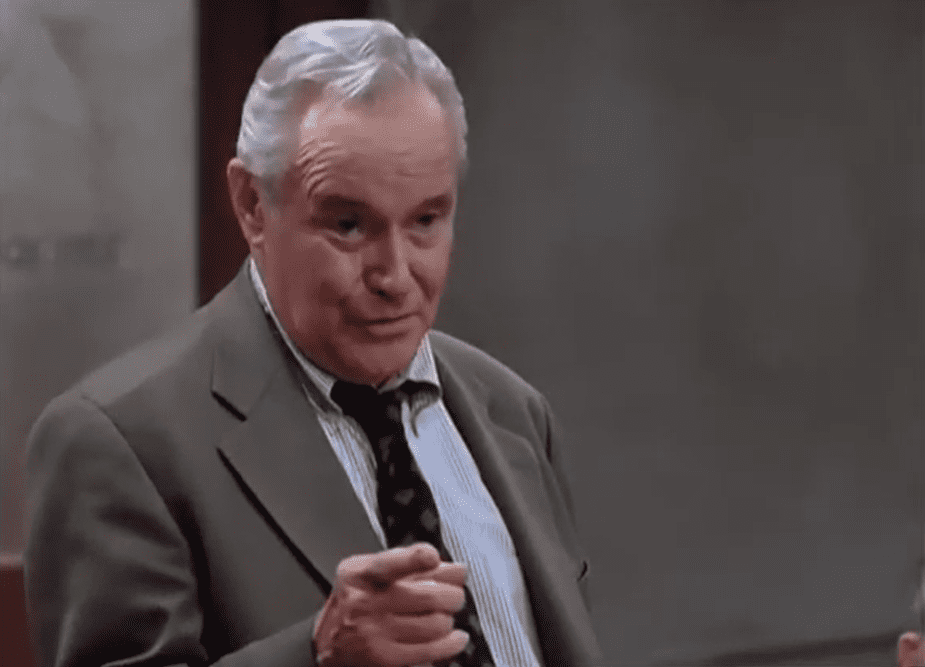 12 Angry Men (1997), Showtime Networks
12 Angry Men (1997), Showtime Networks
48. All About The Showmanship
A man, Mr. D, was on trial for the murder of his wife. He took the stand, and in the middle of the prosecution’s questions, the prosecutor stopped.
He turned around and looked slyly at the court. Walking purposefully to the doors leading out, he asked, “What if I were to tell you, fine members of the court, that Mrs. D is in fact alive and here today"?
The doors swung open and everyone turned to look.
No one came in.
“You see", continued the prosecutor “when I told everyone that Mrs. D was still alive, you all looked over to the door in hope; that is, except for one person".
He turned to Mr. D.
"You didn’t turn around, because you knew that you had ended her life and she could not still be alive. You didn’t even flinch, as a loving husband might when confronted with the prospect of his wife having lived".
While this is no concrete evidence, it still had an impact on the jury, and the man was in fact found guilty in just two hours of deliberation.
49. Clever Twist
I was watching a brief misdemeanor trial and the State was putting on its case. Speeding, I think.
The State asked the testifying officer if the defendant was in the courtroom. The officer pointed out the guy seated next to the defense lawyer. Another officer made the same ID. When it came time for the defense, the defense lawyer called the name of the defendant to testify.
From the back of the courtroom came the guy. The dude sitting next to the defense lawyer stayed where he was. The courtroom had a good laugh. Plainly, the officers didn’t know who they imprisoned. The case was dismissed. The defense lawyer was held in contempt.

